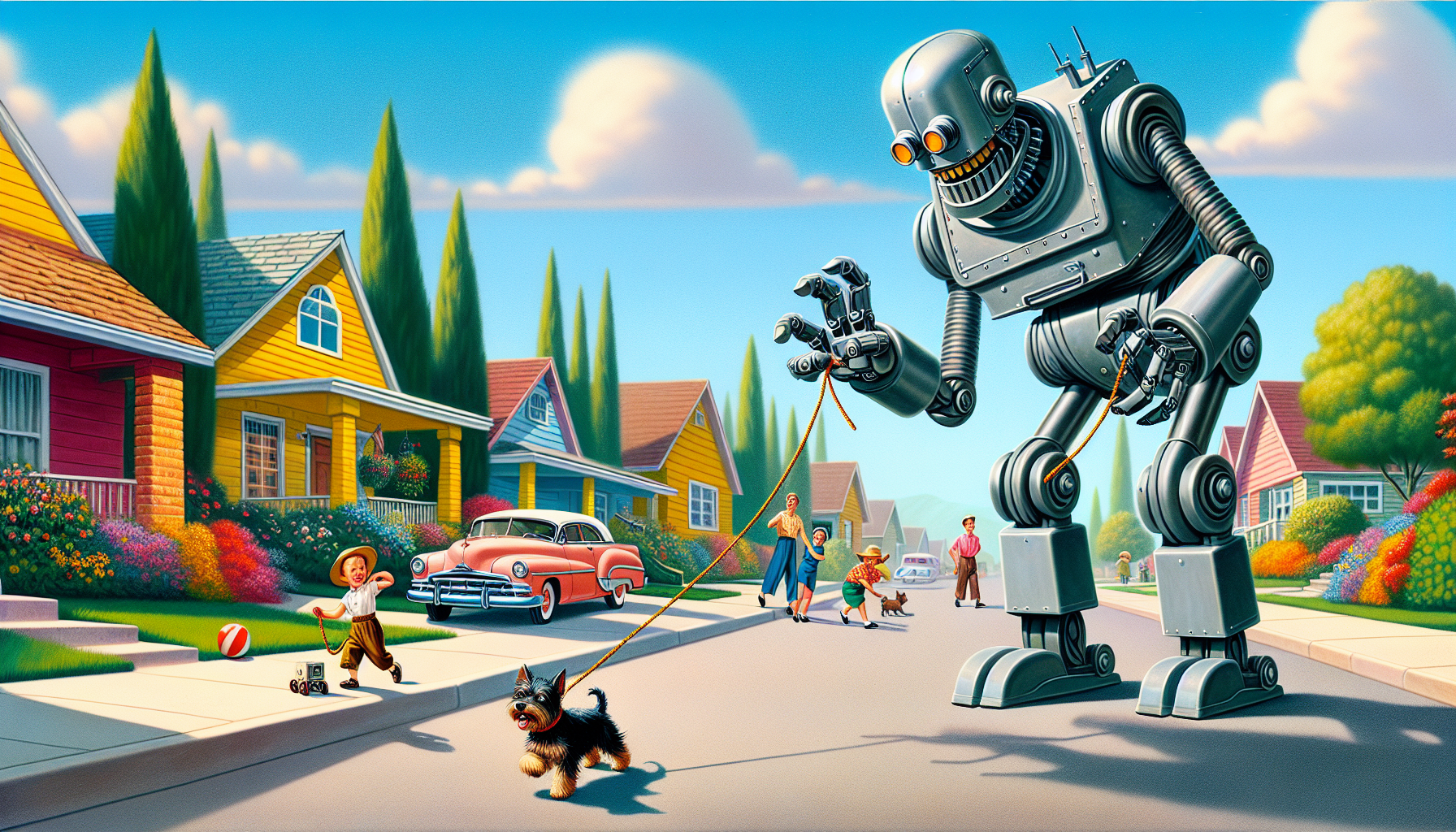OpenAI Codex and Microsoft's Agentic Web: Transforming Software Development and Enterprise AI Ecosystems
May 20, 2025

OpenAI launches Codex AI agent to tackle multi-step coding tasks
OpenAI has launched Codex, an AI coding assistant intended to aid software engineers in writing code, fixing bugs, and running tests. Codex is built on the codex-1 variant of OpenAI's o3 model, specifically optimized for software development, and operates within a secure cloud-based environment integrated with GitHub. The tool is currently available to ChatGPT Pro, Enterprise, and Team users, with plans to extend access shortly to Plus and Edu users. (Source)
Can AI take your coding job?
Microsoft recently laid off 6,000 employees, many of whom were software engineers, a move coinciding with the release of new AI tools at its developer conference, including an "asynchronous coding agent" capable of performing various programming tasks. While there's no solid evidence that AI is massively displacing jobs, industry experts like Molly Kinder from the Brookings Institution suggest software engineering is a critical indicator of AI's impacts, given its widespread early adoption of such technology. Despite AI now writing up to 30% of Microsoft's code, and up to 60% at companies like Hugging Face, human oversight remains necessary as AI-generated code can sometimes fail quietly. Avijit Ghosh from Hugging Face expresses concerns about the potential decline in coding skills as reliance on AI grows, potentially leading to lazier approaches in programming and beyond. (Source)
Microsoft announces over 50 AI tools to build the 'agentic web' at Build 2025
Microsoft has unveiled a strategic initiative to dominate the "open agentic web" through a series of announcements at its Build conference, emphasizing the evolution of autonomous AI systems capable of independent decision-making and task execution. The company introduced over 50 new solutions, including advancements in GitHub and Azure, designed to support AI agents that transform software development, business workflows, and research timelines. Key developments include the GitHub Copilot coding agent's enhanced capabilities, Azure AI Foundry for multi-agent orchestration, and local on-device AI processing with Windows AI Foundry. Microsoft also highlighted security measures to manage "agent sprawl" and its commitment to open standards like the Model Context Protocol. This positions Microsoft at the forefront of the next computing paradigm, reminiscent of its pioneering role in cloud computing, as it aims to accelerate the integration of AI agents in business and technology ecosystems. (Source)
Beyond automation: Realizing the full potential of agentic AI in the enterprise
AI-driven agents offer transformative solutions across various sectors, enhancing grid efficiency through real-time monitoring of electricity demand, optimizing document processing by identifying and correcting mismatches within ERP systems, improving customer support by efficiently routing queries, and streamlining supply chain operations by predicting disruptions. Key insights highlight the necessity for human oversight, as errors can quickly escalate in complex AI-driven environments, emphasizing the importance of cultural acceptance and employee buy-in to prevent organizational resistance. Future developments in AI systems, including incorporating neuro-symbolic hybrid models, aim to overcome current limitations in logic and reasoning by integrating rule-based reasoning with adaptive neural models, necessitating a robust infrastructure and governance to ensure successful large-scale implementation. (Source)
Microsoft Build 2025: From chatbots to digital coworkers, and the "agentic" web
At the Microsoft Build event, the company unveiled a new phase of AI focusing on AI-powered agents, highlighted by their concept of the "agentic web." Microsoft introduced several developer tools and prebuilt agents to extend large language model capabilities into more sophisticated applications. Key innovations include the GitHub Copilot coding agent, low-code/no-code tools such as Copilot Studio, and Computer Use Agents (CUAs) for more human-like interactions with software. The company also emphasized orchestrating multiple agents for complex task collaboration and introduced new standards like the Model Context Protocol (MCP) and Agent-to-Agent (A2A) for better agent communication. By including broader model support and introducing Windows Foundry to leverage diverse hardware, Microsoft is advancing AI development and hinting at potentially releasing its own LLMs. With these advancements, the company is paving the way for AI agents to function as digital employees, potentially transforming organizational workflows and the future of work. (Source)
